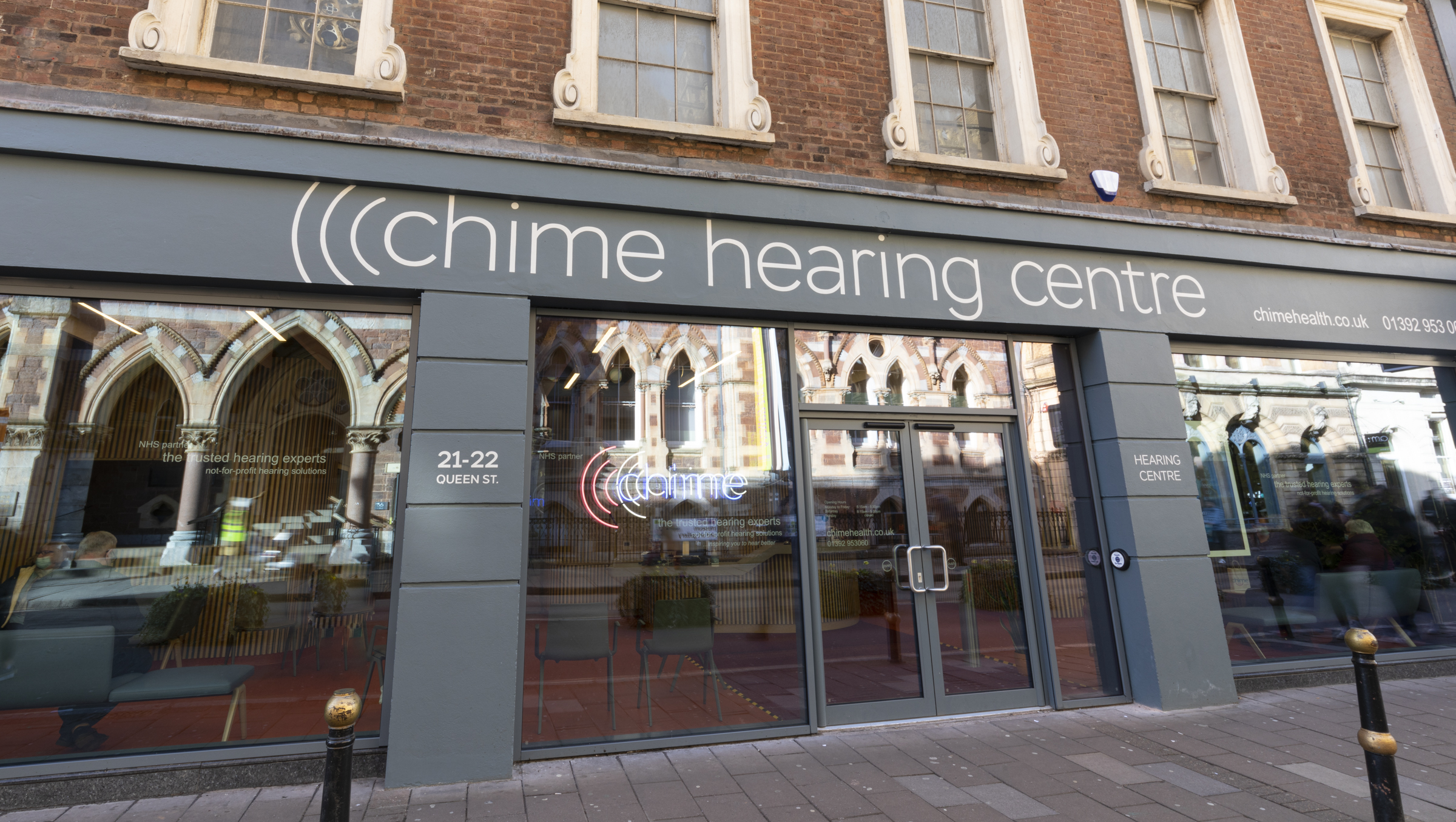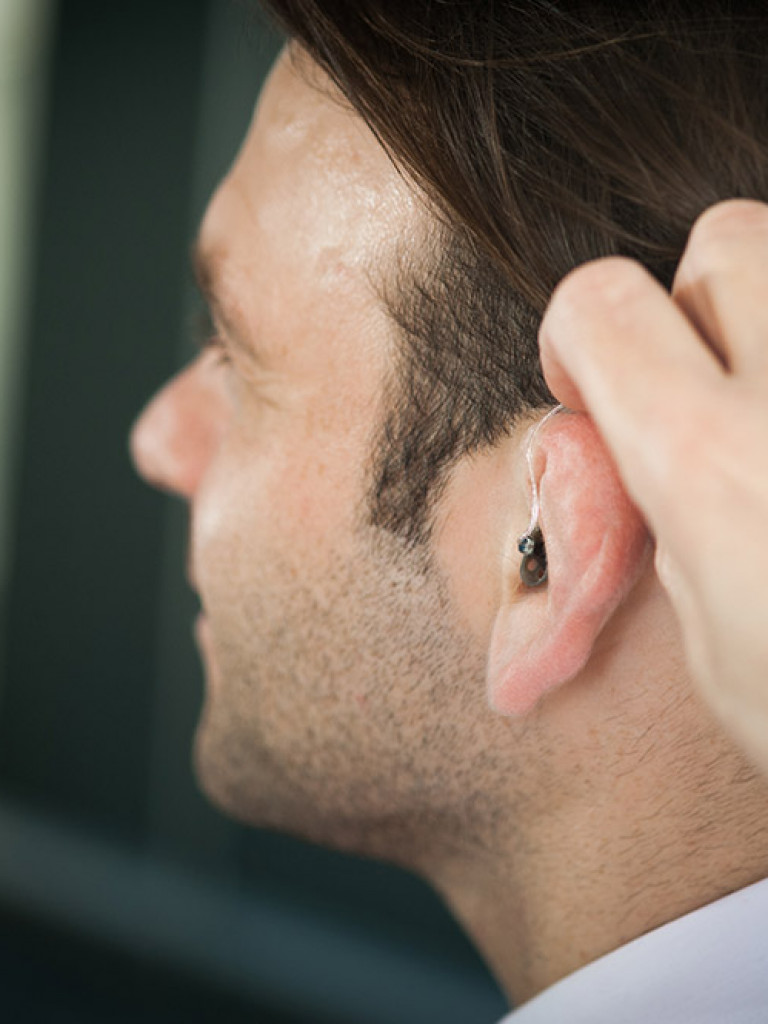The Daily Chime
Latest News

William Parfitt
Specialist Audiologist
How to choose the best hearing aid for you
Posted on 2023-01-20 15:05:00 in General
You have ticked the boxes on the surveys, the family have been nagging you, and so you have decided to do something about your hearing. Well, maybe later, when you have done a bit of research and online searches. Next week your hearing may “heal.” Unfortunately, it won’t, and something must be done.
Years later, you find yourself having a full hearing assessment, including otoscopy (examining your ears), case history, medical questionnaire, and a full pure tone hearing test. The Registered Audiologist determines your hearing thresholds, to see if you need help hearing. This has been painless and free, and you wonder why you have waited so long.
So, the audiologist says, “You would benefit from a pair of hearing aids,” your heart sinks, surely, they mean those people who mumble should learn to speak more clearly, and they don’t make T.V.’s like they used to. In your heart you know the audiologist is right, especially when they demonstrate a pair of hearing aids fitted to your hearing loss. WOW! So, you will go away with all the information and consider it.
Years later, you are back, same chair, same Audiologist, and same assessment, although your hearing is worse than before, but this time you are determined to do something about it. You have just made the biggest decision to improve your health and well-being.
The hardest decision is made, now we need to get the best hearing aids for you and your personal situation. Remember all those questions the Audiologist asked at your assessments, about your lifestyle, clubs and social occasions, dexterity, family life, TV, and hobbies, if you were into technology, if you had support around you, sure they were being chatty, but they were also filtering out the vast amount of models of hearing aids that are available to you, to give you a sensible selection for you to decide from.
Hearing Aid Technology
Hearing aid technology is moving at a terrific pace. The Audiologist will be there to discuss the questions you have and provide explanations where necessary. Many people want the tiny hearing aids that go in the ear, however, these are not always suitable for the hearing loss, or dexterity issues for example. Certain types of hearing aids are developed for certain types of hearing loss, Receiver in Canal (RiC) for “ski slope hearing losses” where the thresholds are much better in low frequencies than high frequencies. These are also far more versatile, reliable and tend to cover most losses.
The technology level within hearing aids varies. The shape and size can be identical, but the level of technology can be significantly different. This is where the social and lifestyle activities affect the decision. A socially active person may need the technology that can adapt to many different environments, whereas a person whose main pleasure is watching TV does not need this level of technology.
Are you sufficiently tech savvy that you are comfortable with connecting your hearing aids to your mobile phone, to TV accessories, to remote microphones? Although this technology is available in most hearing aids these days, the Audiologist can advise and set them up to suit your needs.
Getting the level of technology right is important, as it is the technology that has the biggest impact on the costs of the hearing aids. It is no good expecting brilliant performance from an entry level technology within a variety of changing environments, likewise it is uneconomical “to buy a Rolls Royce to go shopping” where the technology is bought but not used.

